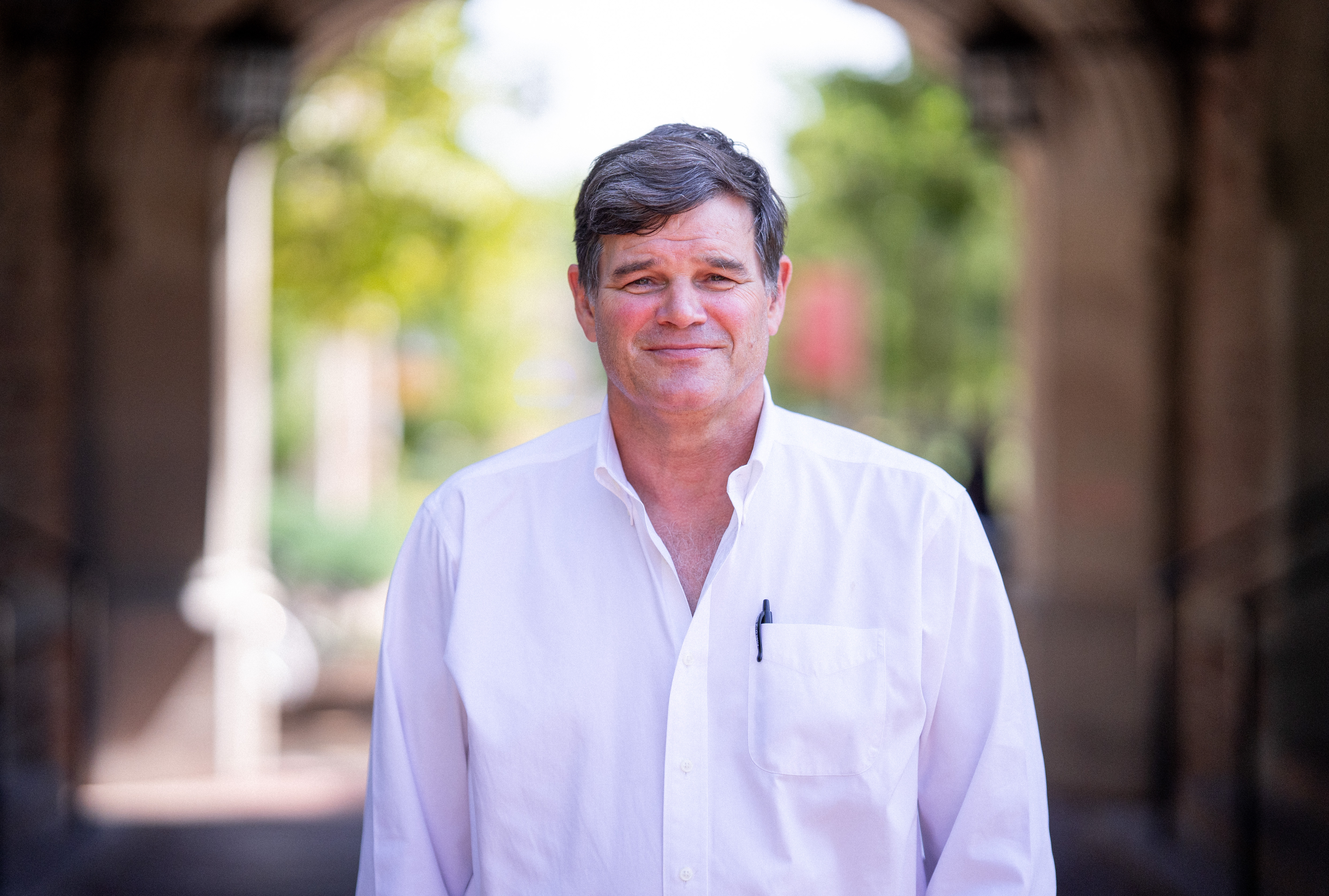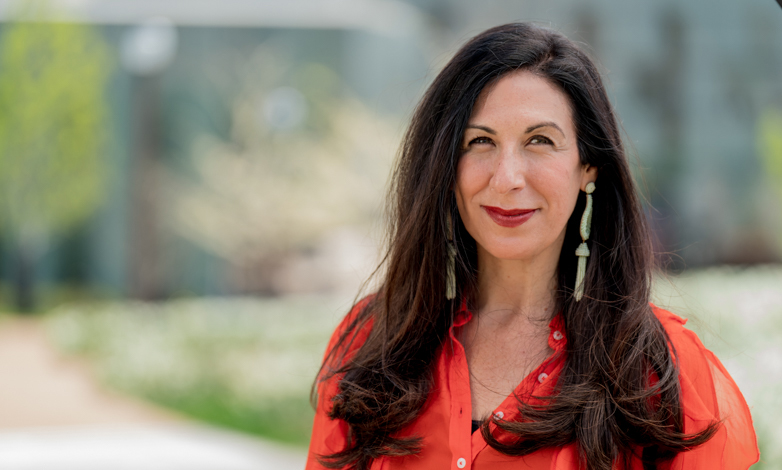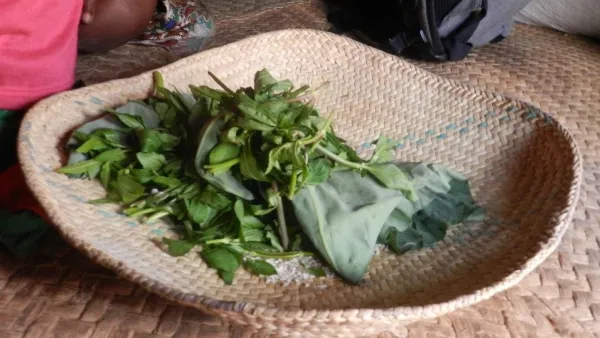A distinctive new Arts & Sciences program, Public Health & Society, will bring together an array of exceptional academic units within Arts & Sciences, WashU's institutional strength in public health, and the university's enhanced commitment to racial diversity and inclusion.
An 18-credit undergraduate minor program, launching in fall 2024, will underscore the role of societal inequalities in health outcomes.
"The pandemic demonstrated the vital need for innovative public health scholars and practitioners who can address health disparities," said Feng Sheng Hu, the Richard G. Engelsmann Dean of Arts & Sciences. "Arts & Sciences is uniquely positioned to offer an undergraduate program that draws upon our incredible strengths in the natural sciences, the social sciences, and the humanities — as well as expertise across WashU — to prepare students to seek holistic solutions to public health challenges."

The program's first course, “Foundations of Public Health,” is now enrolling students for the fall semester. The course examines the fundamentals of public health using an equity and social justice approach that highlights the interconnectedness of population and individual health. It will be co-taught by E.A. Quinn, associate professor of anthropology in Arts & Sciences, and Diana Parra Perez, assistant professor of public health at the Brown School, and feature a wide variety of guest lecturers from practicing public health professionals.
Other required minor courses will include “Introduction to Public and Global Health,” offered in spring 2025, and “Public Health Theories, Models, and Frameworks,” offered in fall 2025.
“Public Health is becoming a major field of research and practice worldwide, and many of our students have expressed a desire to explore the field as undergraduates,” said T.R. Kidder, the Edward S. and Tedi Macias Professor of Anthropology and co-director of the Public Health & Society program. “We also know from experience that WashU students do not just want to learn; they want to take action.”
Public Health & Society will offer students essential theory and context along with opportunities to translate that knowledge in a meaningful way, he said. That engagement will happen through experiences with public health researchers and practitioners in the St. Louis community, as well as national and global experts.
The program's electives will span disciplines in Arts & Sciences and public health, helping students recognize how advancing the health of people and communities is deeply intertwined with the fields of environmental science; anthropology; biology; medical humanities; statistics and data science; women, gender and sexuality studies; and more.

Kidder said the program will help students cultivate skills that have become the hallmark of an Arts & Sciences education: a spirit of creative inquiry, the ability to organize and synthesize information, superb written and oral expression, and a strong grasp of ethics.
"It is thrilling to see how Arts & Sciences is integrating with schools and units across Washington University to create a unique and impactful program for undergraduates," said Lindsay Stark, professor of public health at the Brown School and co-director of Public Health & Society. "The health and well-being of individuals and communities is intricately linked to social determinants of health, necessitating a comprehensive and transdisciplinary approach. Embracing this program's interdisciplinary nature will equip students with the tools to navigate the complex interplay of factors shaping health outcomes."
Advancing WashU's larger vision
The Public Health & Society program is developing out of the Arts & Sciences Strategic Plan and the university's Here and Next plan. As part of that vision, Washington University will be launching its first new school in 100 years: a dedicated school of public health that will offer significant opportunities for collaboration with the undergraduate program as with the School of Medicine, the Brown School, McKelvey School of Engineering, and Olin Business School.




